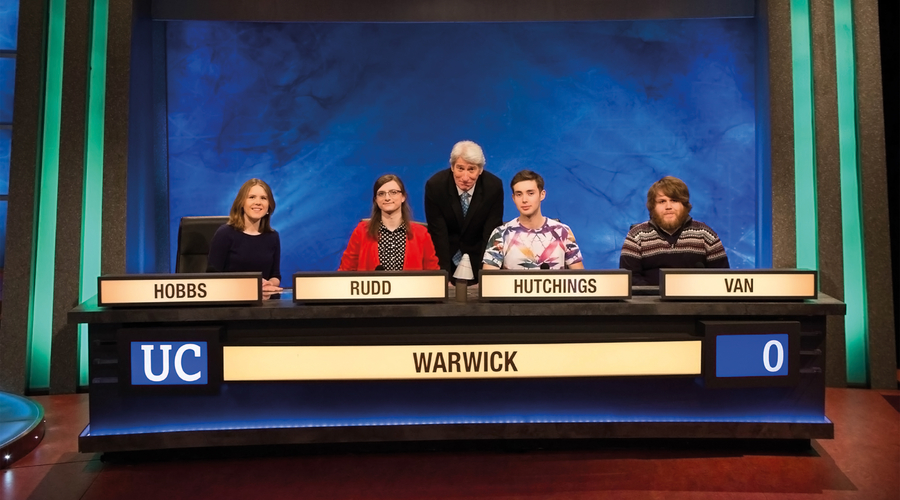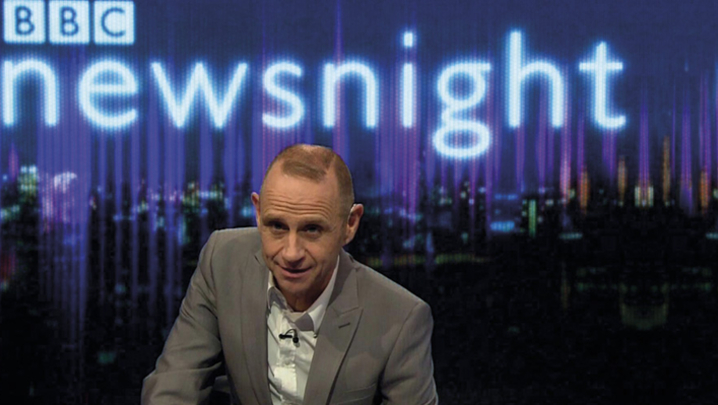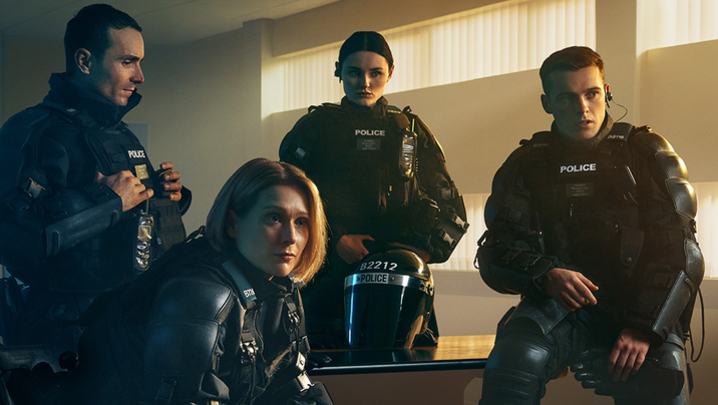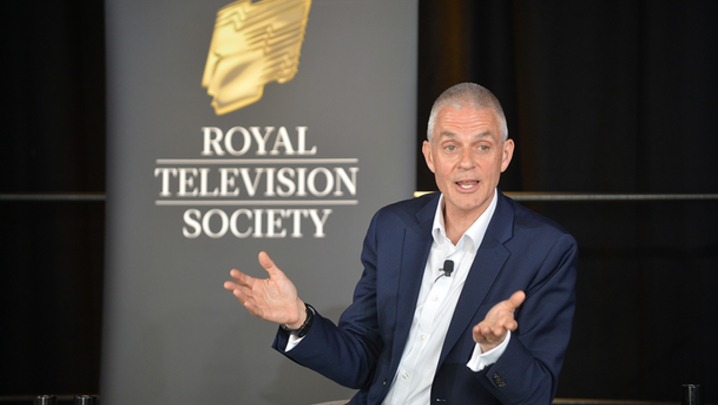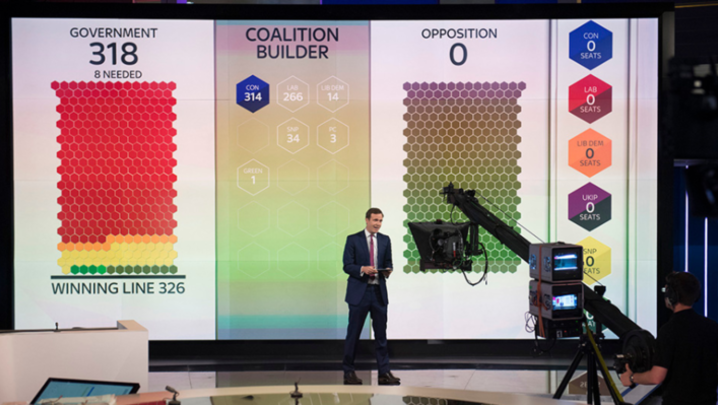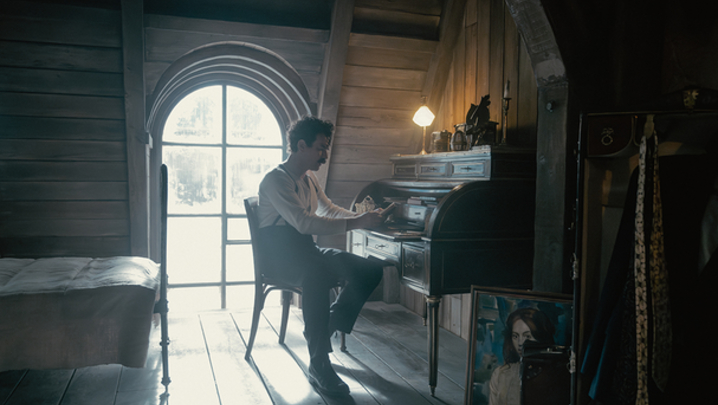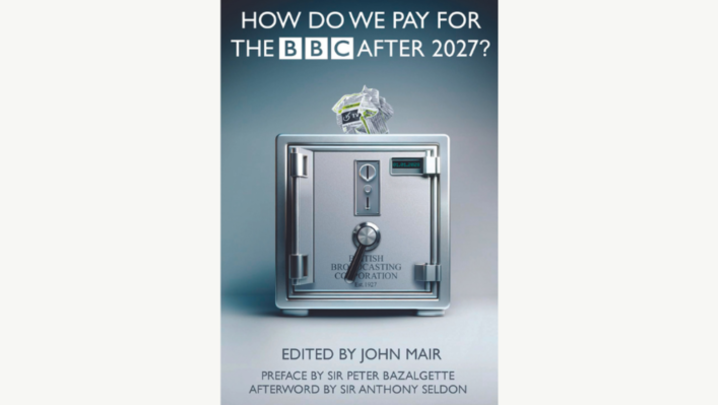Sanya Burgess asks why University Challenge is still thriving after more than half a century on air
Famous for its split-screen display, eccentric student contestants, difficult questions and intimidating host, University Challenge has been an almost constant fixture on our screens for more than 50 years.
The programme has clocked up over 1,600 episodes and regularly pulls in audiences of 3 million. Its impressive reign continues into the online era, despite barely changing the format, its staging or the rules of the show.
What are the secrets of its extraordinary success? Is it the questions, the contestants, or the format?
First aired in 1962, University Challenge was then capable of drawing audiences of 11 million a week. Twenty-five years later, it was axed by ITV in 1987, when viewing figures fell to 1 million following relegation to an off-peak slot.
The show was relaunched by the BBC in 1994. Its scholarly and slightly eccentric presenter, Bamber Gascoigne, was dropped in favour of a more conventional TV anchor man. Jeremy Paxman has hosted ever since.
Following a dip in ratings a few years ago, University Challenge has bounced back and frequently tops the viewing figures for BBC Two.
Starter for 10, the best-selling novel and film starring James McAvoy and Benedict Cumberbatch, is testament to the enduring affection for the show.
Its author, David Nicholls, believes that the show remains popular thanks to the difficulty of the questions: “It’s the antidote to the ‘What’s the capital of France?’ school of quiz, where everyone has the satisfaction of getting the answer right. Instead of that satisfaction, you have this awe and amazement that there are people out there who know this stuff.”

*Answers are at the end of the article!
James Fox is the MD of Remarkable Television, producer of Pointless, which recently recorded its 1,000th episode. He hopes to emulate the longevity of University Challenge: “As a fellow quiz show producer, to be able to do that number of episodes, year in, year out, is no mean feat. The knowledge that you’ve got to test people on doesn’t run out, but trying to create brilliantly crafted questions is a difficult thing. If, in 40 years, Pointless is still on, then we’d all be very proud.”
Jack Waley-Cohen, questions editor on Only Connect, believes that the key to the show’s long-running success lies with the contestants. “People love seeing people being really, really clever,” says Waley-Cohen. He characterises the tone of the show as “more inquisitorial” and “more of a hard-core, serious quiz show than Only Connect”, whose own questions are some of TV’s toughest.
He says that good teams and stand-out individuals within those teams help drive audience numbers.
“The question setters are quite skilled at adapting the questions over time to suit the way underlying knowledge changes.”
One of those stand-out individuals is former contestant David Stainer. Now 38, a solicitor and living in Hertfordshire, he captained his team in one of the most controversial University Challenge finals.
Representing Oriel College, Oxford, in 1999, Stainer and his teammates were pipped to the crown by an Open University team with an average age of 46.
“As long as I can remember, it’s always been the hardest show on television,” says Stainer. He has competed in a number of televised quizzes, including Only Connect. He adds: “It’s an exciting show. There’s not much filler on it. You get a quick introduction, then, within a minute or two, the questions start being asked and they are asked at a fast pace.”
The show’s format, inspired by the US television student quiz show College Bowl, may be set in stone but, over the years, University Challenge has never been far away from the headlines.
In 1975, a protest held by Manchester students competing against Downing College, Cambridge, had the former answering all the questions in a round by shouting “Che Guevara”, “Marx”, “Trotsky” or “Lenin”.
To this day, the show attracts extensive coverage in the mainstream press. This tends to be around certain contestants, such as the current series’ Eric Monkman, who has a habit of pulling unusual facial expressions.
In 2009, Gail Trimble – captain of the Corpus Christi, Oxford, team – was dubbed the “human Google”. And last year, the well-arched left eyebrow of Hannah Woods, captain of the 2016 winning team of Peterhouse, Cambridge, had two parody Twitter accounts set up in honour of her eyebrow.
Recently, the show attracted negative headlines after an episode that featured an all-white and all-male pair of teams.
Casting for the show is a long and exacting process. The emphasis is on the ability of contestants to answer the questions. Each university has its own process of selecting candidates to be shortlisted for auditions, which are held at ITV Studios, which inherited the show from Granada Television.
Giles Hutchings, 21, from Farnham in Surrey, was captain of the University of Warwick’s team in the most recent series of the show. He sat a one-hour test at his university, along with around 100 other applicants. Those who achieved the best scores were then interviewed and sorted into a team by the incumbent captain.
ITV Studios whittles down around 130 teams to 28 via further academic testing and interviews that establish whether the students would work well on television.
Hutchings believes that the producers make a genuine effort to create a diverse show. As a result, teams often try to attract women in the hope that this will improve the chances of ITV Studios placing them on the show.
An additional challenge for today’s teams is the scrutiny they receive on social media – more than 80,000 people discuss University Challenge on Facebook alone.
“I think that there has probably been a slow tendency for the questions to get more difficult over time.”
Hutchings’ teammate, Sophie Rudd, attracted attention following a particularly enthusiastic answer and overall strong performance. But she found herself at the centre of a Twitter storm when trolls began to torment her for being transgender.
Reportedly, more than 4,000 questions are commissioned for every series, of which around 3,250 will make it to the screen. Following a decision to include more clues in questions, Peter Gwyn, the executive producer, has denied that the questions are getting easier.
Stainer agrees. He argues that one reason for the show’s longevity is because the quality and level of difficulty of the questions remains consistent.
“The question setters are quite skilled at adapting the questions over time to suit the way underlying knowledge changes,” he says. “The questions now are very, very different to during Bamber Gascoigne’s time, but I suspect that they are also different to the early years of Paxman.”
He credits those who produce the show with monitoring and adapting the questions to keep up with the rising competitiveness in the off-screen quizzing circuit. This, he says, has resulted in a better calibre of teams over the past 15 years.
“I remember that there was a period when, watching at home, I thought the questions had got rather obscure. But the producers always seem to realise that they need to sort it out and it goes back to the right level of difficulty,” says Stainer. “I think that there has probably been a slow tendency for the questions to get more difficult over time.”
Nonetheless, with a trophy and bragging rights in place of a cash prize, ultimately, the show is just for fun.
As contestant Giles Hutchings says, “I guess I just wanted to have the chance to go on and show off my useless knowledge. You can only put that to use on quiz shows, as it doesn’t really help you with life in general.”


